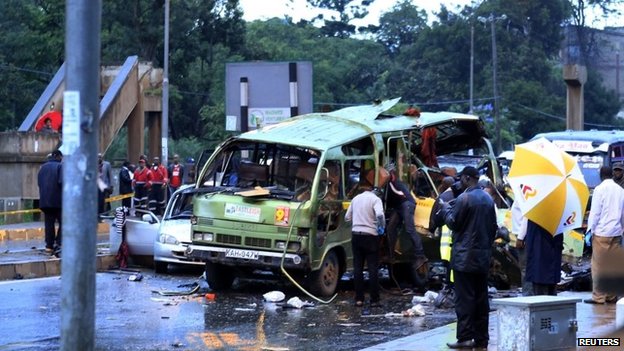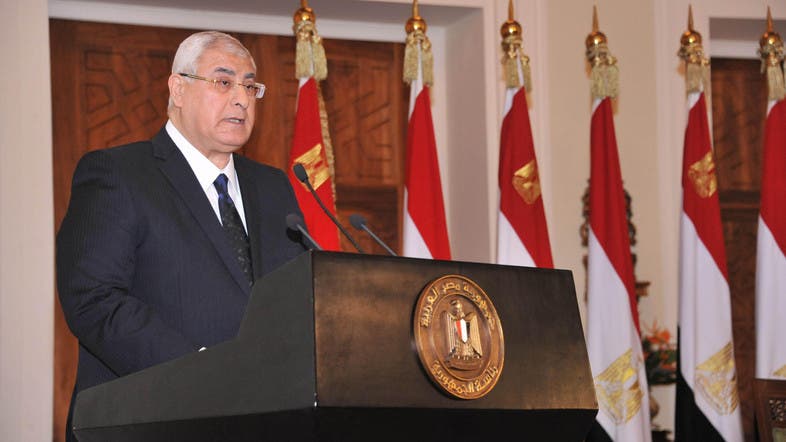Press Release
16 December 2013 – Following the adoption last week of the EU-wide Magnitsky sanctions resolution by the European Parliament, the Magnitsky Justice Campaign today launches a new project: “Magnitsky Case Cover up Revealed in Persons and Documents.”
The first exposé of the new project features the role played by Russia’s Deputy General Prosecutor Victor Grin in the cover up of Sergei Magnitsky’s ill-treatment and death.
“The aim of the new Magnitsky justice project is to expose the officials in the Russian government who concealed the criminal liability of those involved in Magnitsky’s torture and killing and the crimes he had uncovered,” said a Hermitage Capital representative.
The Magnitsky Law adopted in the United States [http://www.treasury.gov/resource-center/sanctions/Programs/Documents/pl112_208.pdf] stipulates the imposition of targeted sanctions for those involved in the efforts to conceal the legal liability for detention, abuse or death of Sergei Magnitsky.
“The new documents show that Prosecutor Grin was the key official overseeing Magnitsky’s case while Sergei was in custody. Yet, in spite of his conflict of interest, after Magnitsky’s death he was assigned as the key official deciding on whether there were any violations of the law,” said a Hermitage Capital representative.
Documents published today feature the role of Prosecutor Grin, including:
- The failure by Deputy Prosecutor Grin to address the complaint about Magnitsky’s ill-treatment in custody filed by Magnitsky’s colleague Jamison Firestone in October 2009. It was assigned to Prosecutor Grin for an immediate probe, following an intervention from the U.S. Ambassador to Russia, ten days before Sergei Magnitsky’s death in custody[http://followmydata.net/SMRULE/D1720.pdf].
- A secret conclusion issued by Prosecutor Grin 18 months after Magnitsky’s death, on 20 May 2011, which stated that there had been no violations of the law by Interior Ministry investigators who mistreated Magnitsky in custody [http://followmydata.net/SMRULE/D1910.pdf]. This decision was then used by the Russian Investigative Committee to justify their failure to prosecute Interior Ministry’s officials in the Magnitsky case.
Documents published today further show how as part of the cover-up of Interior Ministry officials, Prosecutor Grin initiated two criminal cases falsely targeting Sergei Magnitsky after he died. Lawyer for the Magnitsky’s family protested these posthumous decrees by Prosecutor Grin as being contrary to Russian domestic and international legal obligations and based on falsehoods but to no avail:
- Order of 16 June 2011 by Prosecutor Grin falsely naming Magnitsky after his death for the $230 million theft that he had in fact uncovered: http://followmydata.net/SMRULE/D1017.pdf;
- Order of 30 July 2011 by Prosecutor Grin to posthumously reopen a criminal case against Magnitsky: http://followmydata.net/SMRULE/D1015.pdf;
New materials also reveal that Prosecutor Grin also played a key role in the cover up of the thefts uncovered by Sergei Magnitsky.
Firstly, Prosecutor Grin was directly responsible for the failure to conduct a proper probe into the original complaint about the frauds uncovered by Sergei Magnitsky. The complaint was filed by the Hermitage Fund on 3 December 2007, three weeks prior to the $230 million theft, with General Prosecutor Chaika[http://russian-untouchables.com/rus/230m-theft-from-budget/#D250]. On 5 December 2007 this complaintwas sent to Prosecutor Grin http://followmydata.net/SMRULE/D1908.pdf] but instead of investigating it, the complaint was then forwarded to the same Interior Ministry officials who were named in the complaint and covered up.
Second, it was Prosecutor Grin who signed the indictment for the $230 million theft which found that a“sawmill employee” (Victor Markelov) was responsible for the largest known tax rebate fraud in modern Russian history. The indictment signed by Prosecutor Grin exonerated the tax officials who approved the $230 million refund stating they were “tricked” by Markelov into doing it [http://followmydata.net/SMRULE/D1022.pdf].
“According to the documents revealed today, Deputy Prosecutor of Russia Victor Grin has been personally involved in covering up Sergei Magnitsky’s persecution and death and the criminal conspiracy that Sergei Magnitsky exposed,” said Magnitsky’s former law partner Jamison Firestone.
“Since the beginning of the campaign, we get questions all the time how it is possible that impunity continuesfor everyone involved in Magnitsky’s death in Russia. Our objective is to shed light on the materials which reveal how the cover up is done, who is involved, and who contributes to it,” said a Hermitage Capital Management representative.


